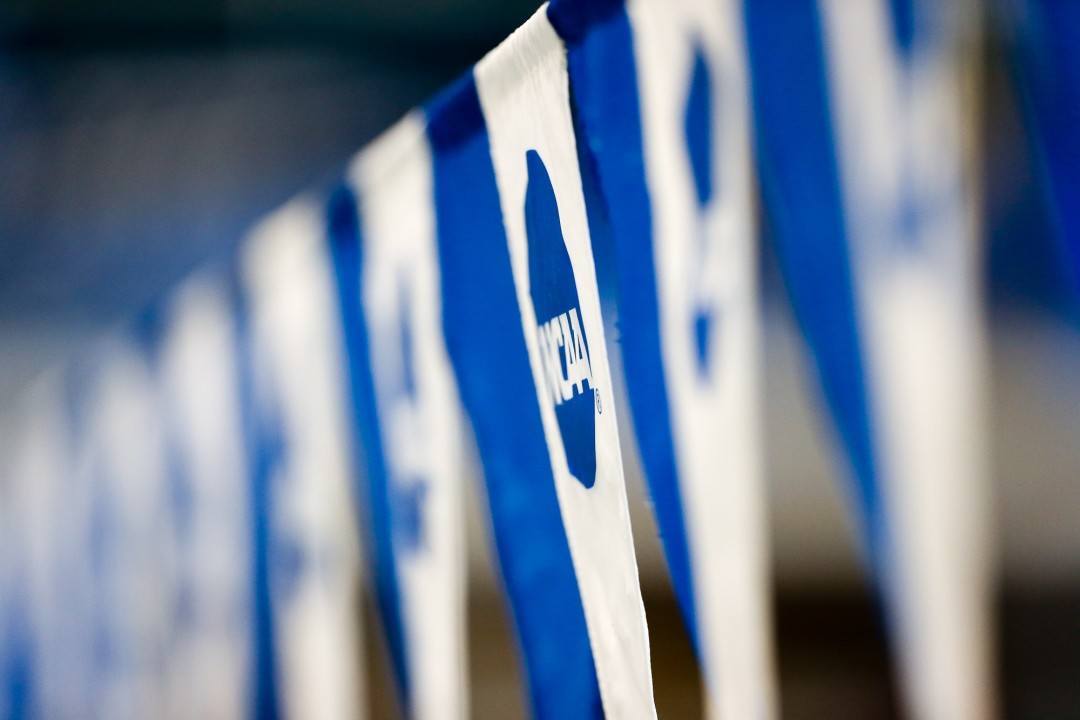Controversy surrounding meldonium, a drug that can increase an athlete’s exercise capacity, was sparked last season as several elite athletes tested positively for the drug ahead the Rio Olympics. Due to its potentially performance-enhancing effects, the drug was added to WADA’s banned substance list at the beginning on 2016. What hasn’t been thoroughly investigated, however, is where the NCAA stands in regards to meldonium. At least one case has relevance to NCAA swimming in particular, as Louisville backstroker Grigory Tarasevich tested positive for meldonium in March 2016.
An NCAA spokesperson has provided a statement on the status of meldonium, explaining that it isn’t currently on their banned substance list, but they will be considering the subject next month.
“Meldonium does not fit into any of the current NCAA banned drug classes. That being said, the NCAA committee which oversees drug testing will be reviewing meldonium at its December meeting to evaluate if any changes to NCAA policy are appropriate.”
In short, the answer to the question of whether or not meldonium is banned in the NCAA is no.
However, the NCAA, in 2005, adopted a rule that allows suspensions from other organizations (like the USADA, who was responsible for the sanction in this case) to apply to NCAA competition.
31.2.3.1.2 Positive Drug Test Non-NCAA Athletics Organization.
A student-athlete under a drug-testing suspension from a national or international sports governing body that has adopted the World Anti-Doping Agency (WADA) code shall not participate in NCAA intercollegiate competition for the duration of the suspension. (Adopted: 1/14/97 effective 8/1/97, Revised: 4/28/05 effective 8/1/05)
In Tarasevich’s case, he had to give up his medals from the Arena Pro Swim Series in Orlando, but he was never given a sanction. This is because the levels of meldonium in his system were below a threshold set by the World Anti-Doping Association as a result of uncertainty about how long the substance stays in one’s body after athletes stop taking it.
The drug was the same one that, among others, eventual Olympic medalist Yulia Efimova also tested positive for in 2016, among many other Russian athletes. The vast majority of those who tested positive were given a pass, with the notable exception being tennis star Maria Sharapova, who admitted to taking the substance after it was banned and claiming that its addition to the list wasn’t well-publicized enough.

40% of NCAA athletes will suddenly wake up tomorrow morning with “heart problems”
Good to know 😉